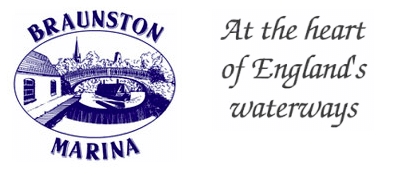 There are many forms ranging from a simple solid-fuel stove to ducted warm-air systems. Even with a central heating system, a lot of boaters will have a stove as well; if your system breaks down you will have a miserable time outside of summer unless you have a stove to fall back on.
There are many forms ranging from a simple solid-fuel stove to ducted warm-air systems. Even with a central heating system, a lot of boaters will have a stove as well; if your system breaks down you will have a miserable time outside of summer unless you have a stove to fall back on.
Solid Fuel Stoves
If you only have one system on board, this is the one to have! It can come with a back boiler capable of driving one or perhaps two small radiators – for free! Water circulation is very slow though and any more than a couple of radiators is asking too much; the water will have cooled right down if there is a long pipe run. A water pump would solve the problem but cause another one in the battery department!
Some stoves are diesel-fired and have the same benefits without the problems of coal storage, stove cleaning, ash disposal and dust. Not the same though!
Most stoves are cast iron which is porous and will retain moisture when cold. Start each time with a small, gentle fire for the first half-hour or so to allow the moisture to escape harmlessly; a fierce fire too soon will expand the moisture too quickly and sooner or later will lead to cracking of the iron. If this happens the affected panel, or if you’re very unlucky the whole stove, has to be replaced. Steel stoves don’t suffer this but unfortunately they can rust!
Keep the fire-door glass clean. To keep it looking nice re-black the stove when necessary and sweep the flue regularly (downwards so it collects in the ash tray – unless you want to spend the next few days trying to get your paintwork clean!). Frequent cleaning of the removable chimney will lengthen its life.
Central Heating
Most modern boats will have central heating, either by hot water to panel or fin radiators or by warm air ducting. The heat source can be a gas boiler (the tall very thin Alde boilers that can tuck between bulkheads almost unnoticed are common), or a diesel-fired heating unit usually placed in the engine compartment. These systems are electrically controlled so your batteries will need to be in good condition and well charged.
Whilst engine coolant can be used to provide domestic hot water through a hot water tank (“calorifier”) it is rarely used to heat radiators as you have to leave the engine running and it can be too cold on returning to the engine and cause damage over time.
Quick links to more information in this section: –
